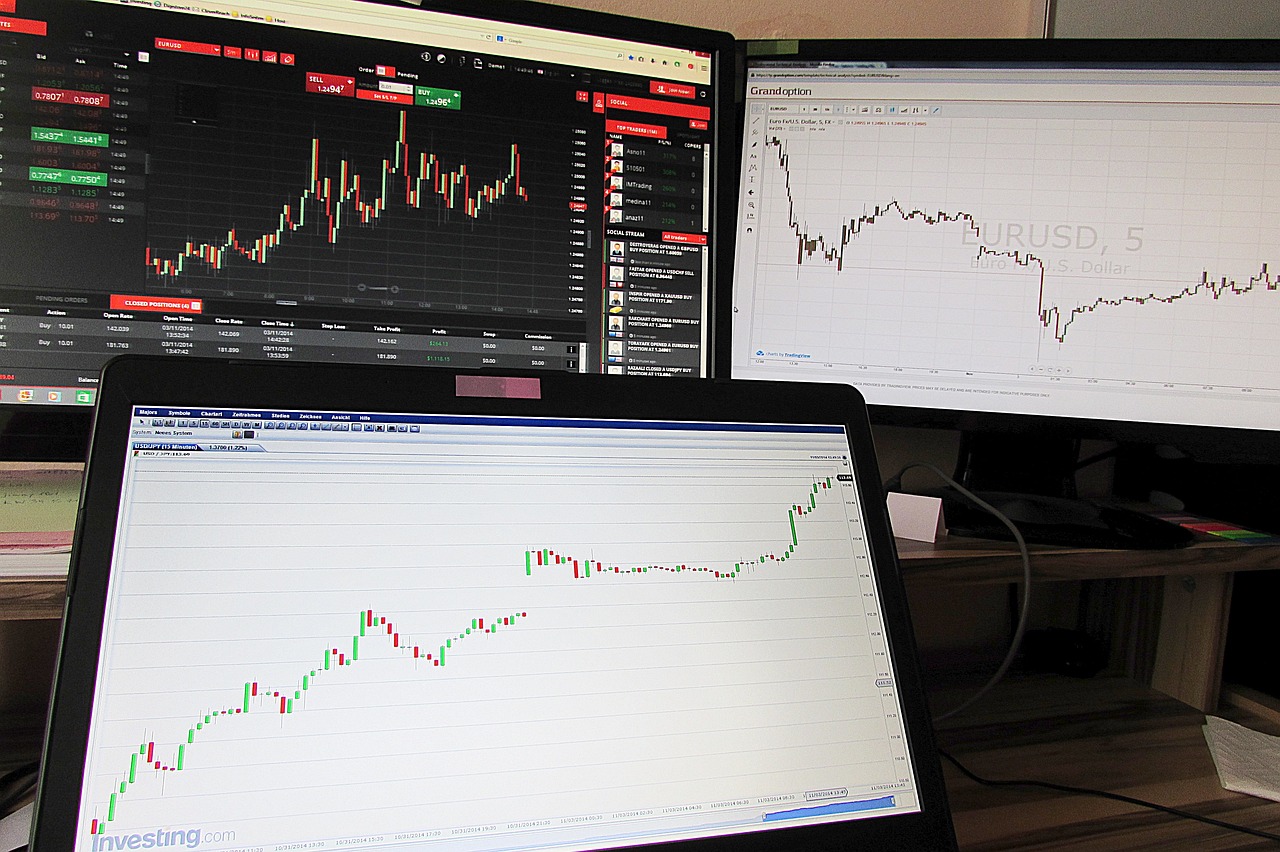Are you interested in trading but feeling overwhelmed by the different types available? Don’t worry; you’re not alone. With so many options, deciding which type of trading is best for your goals and lifestyle cannot be easy. In this guide, we’ll break down some of the most popular types of trading – including day trading, swing trading, position trading, and scalping – so that you can make an informed decision about where to invest your time and money.
Day Trading

Day trading is a popular type of short-term trading where individuals buy and sell securities within the same day. It requires significant time, attention, and focus since you need to make some quick decisions based on market movements. Day traders typically use technical analysis to identify chart patterns that can help them predict future price movements. One benefit of day trading is that it allows individuals to take advantage of even small price fluctuations, potentially leading to high profits. However, this also means that day trading can be risky – since positions are held for such short periods, losses can add up quickly if trades don’t go as planned. Article titled How To Setup Tradingview For Day Trading: A Step-by-step Tutorial On This Charting Platform can give you more information about what day trading is.
Swing Trading
Swing trading is a type of trading that involves holding stocks for a short period – usually days or weeks. It’s called “swing” because traders are looking to capture the up-and-down swings in stock prices. This method requires patience, discipline, and an understanding of market trends. Unlike day trading, where trades are made within minutes or hours, swing traders hold positions for longer periods, meaning they have more time to analyze their trades before deciding whether to buy or sell. They are known to use technical analysis tools such as charts and indicators to identify potential entry and exit points. One advantage of swing trading is that it allows traders to take advantage of both upward and downward price movements in the market.
Position Trading
 Position trading is a strategy that involves holding onto securities for an extended period, ranging from weeks to months or even years. This type of trading requires a long-term approach and focuses on profiting from major market trends instead of short-term price fluctuations. Unlike day trading and scalping, position traders don’t need to monitor the markets constantly as they tend to make trades less frequently. Instead, they rely on fundamental analysis and technical indicators to identify potential opportunities in the market. It is known that one advantage of position trading is that it allows investors to ride out any short-term volatility in the market while waiting for their selected securities to appreciate over time.
Position trading is a strategy that involves holding onto securities for an extended period, ranging from weeks to months or even years. This type of trading requires a long-term approach and focuses on profiting from major market trends instead of short-term price fluctuations. Unlike day trading and scalping, position traders don’t need to monitor the markets constantly as they tend to make trades less frequently. Instead, they rely on fundamental analysis and technical indicators to identify potential opportunities in the market. It is known that one advantage of position trading is that it allows investors to ride out any short-term volatility in the market while waiting for their selected securities to appreciate over time.
Scalping
Scalping is a type of trading strategy involving making small and frequent daily trades. The main objective of scalpers is to make quick profits by buying and selling securities within minutes or even seconds. This technique relies on high volatility, which means that traders must be able to react quickly to changes in the market. Scalping requires a lot of focus, discipline, and patience since traders must constantly monitor their positions and be prepared to close them anytime. This approach can be very profitable if done correctly, but it also carries a higher risk due to the large number of trades made quickly. To succeed in scalping, traders need access to fast execution platforms and real-time data feeds.
Understanding the different types of trading is crucial in making informed decisions when investing your money. Whether you go with day trading, swing trading, position trading, or scalping, it’s important to understand the risks associated with each one and choose what works best for you. There is no right or wrong way to trade; everyone has their own style. However, by understanding these different types of trading strategies, you’ll be better equipped to make informed decisions about how you want to invest your hard-earned money.…



